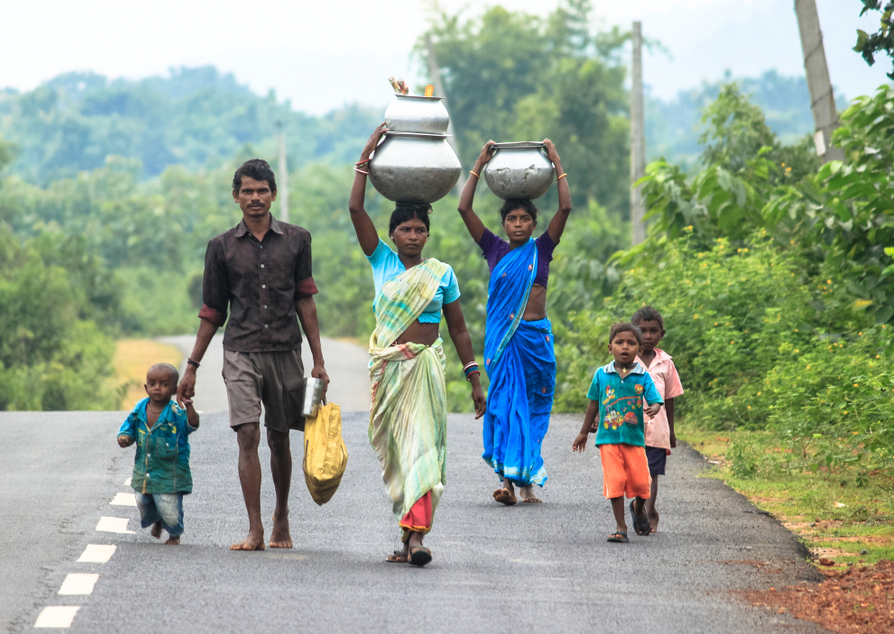Former Union tribal affairs minister V.K.C. Deo and social activists have expressed concern about the impact a countrywide National Register of Citizens exercise may have on tribal populations, since 18 lakh forest-dwelling families have no legal rights on their land.
“The government has proposed a nationwide NRC. This amounts to hunting down tribal and poor people. They are unlikely to be able to furnish the necessary documents,” Deo told The Telegraph.
He mentioned the February Supreme Court judgment directing the eviction of the 18 lakh forest families whose claims for Records of Rights (RoRs) under the Forest Rights Act had been rejected by their state governments over the past 13 years.
After several states moved review petitions, the apex court stayed the judgment. In July, the states filed separate affidavits saying they would review the claims rejected since 2006. However, Deo said, not much progress has been made about this.
“My assessment is that none of the state governments is sincere about reviewing the rejected claims and awarding the RoRs,” Deo said.
If the RoRs are awarded, these families will have at least some documentation with them to establish they have been living in a particular area for a long time.
Under the Forest Rights Act, RoRs are awarded to tribal and non-tribal families who can furnish documents like voter cards and ration cards to establish their occupancy of a particular piece of land for three generations or 75 years before the cut-off date of December 13, 2005.
Union home ministry officials have said that documents like voter cards and Aadhaar cards may not be accepted during the proposed NRC exercise.
“In that case, these people would still be able to claim relief citing their RoR documents. But even that process is stuck,” Deo said.
Shankar Gopalakrishnan, a tribal rights activist who works for the NGO Campaign for Survival and Dignity, said the forest department was interfering with the RoR claims process and often insisting on rejections without even hearing the claimants.
“The process of reviewing the rejections has started in some of the states. But the same mistakes are being repeated in many places. If these loopholes are not plugged, many genuine forest dwellers will be deprived of their rights. When the NRC is held, the worst sufferers will be tribal families and forest dwellers along with migrant workers,” Gopalakrishnan said.
Senior tribal affairs ministry officials expressed ignorance about how much progress had been made in the award of RoRs in the states over the past six months. But they asserted that the pendency of the RoR claims would not undermine the forest dwellers’ citizenship.
“The NRC has nothing to do with property rights, it’s about identity proof. Those who have identity proof will not be affected,” an official said.











